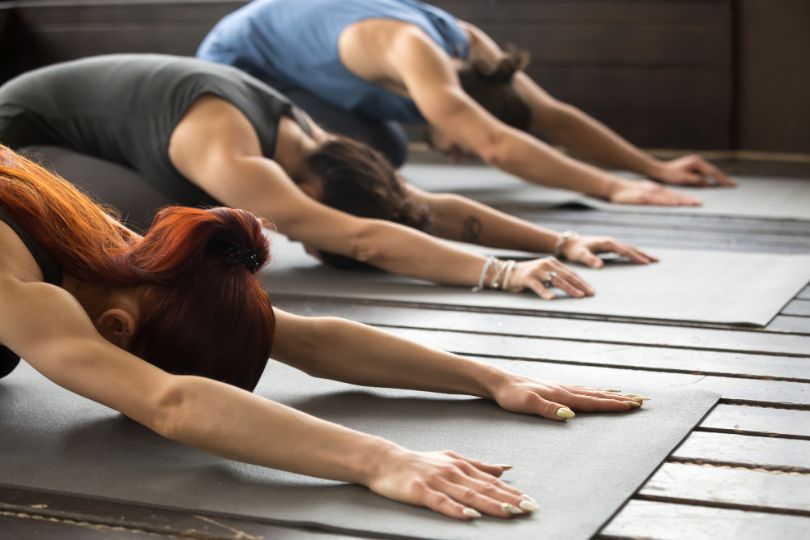The Rising Trend of Extreme Workout Routines
While the media is most concerned with inactivity, it seems that there is another alarming trend – extreme workout routines among recreational athletes. These recreational athletes push themselves too hard. They often weight lift with no rests between sets and no days off. They also compete in very dangerous races.
Case Study: Extreme Races and Their Perils
For example, one extreme race waiver contained the phrase “There are sections of the trail that travel along cliffs. If you’re not careful, you could fall to your death. Very few runners go the distance without taking one painful spill. Most runners take lots of them.” Needless to say, the participant in this race found the trail “so arduous and dangerous that she never did it again.”
Every athlete knows that it is important to push yourself. Work out enough that you may not fully recover between sessions.
To point out, in late January, 13 Iowa football players were hospitalized with rhabdomyolysis. This ailment is often caused by intense physical exertion that releases muscle fibers into the bloodstream and can cause kidney damage.
Preventing Overtraining and Injury
Below are some points to ensure your workouts are not too “extreme,” which result in harm to your body. However, it is quite difficult, because training programs vary so much from one individual to the next.
- Be sure to give yourself recovery time between weight sessions (this means between the actual weight reps as well as between weight training sessions) and heavy cardiovascular work outs.
- If you feel super tired between sessions, you are probably over-training, so you will need to take a day or two off. Eventually, the over-tiredness can turn into depression.
- Keep a diary detailing your training regime and how you feel after a workout. This will allow you to be better in tune with your emotions.
- If you are training towards a goal (i.e. a marathon), it’s perhaps better to work out with a coach rather than a friend. A coach will know what is appropriate and safe for your body, whereas a friend may push you too hard, or not enough. Of course, if your friend happens to also be a former athlete in the area of your athletic pursuits, I guess you’re set! For more information on the benefits of working out with a coach, visit the article Do I Need a Fitness Coach?.







